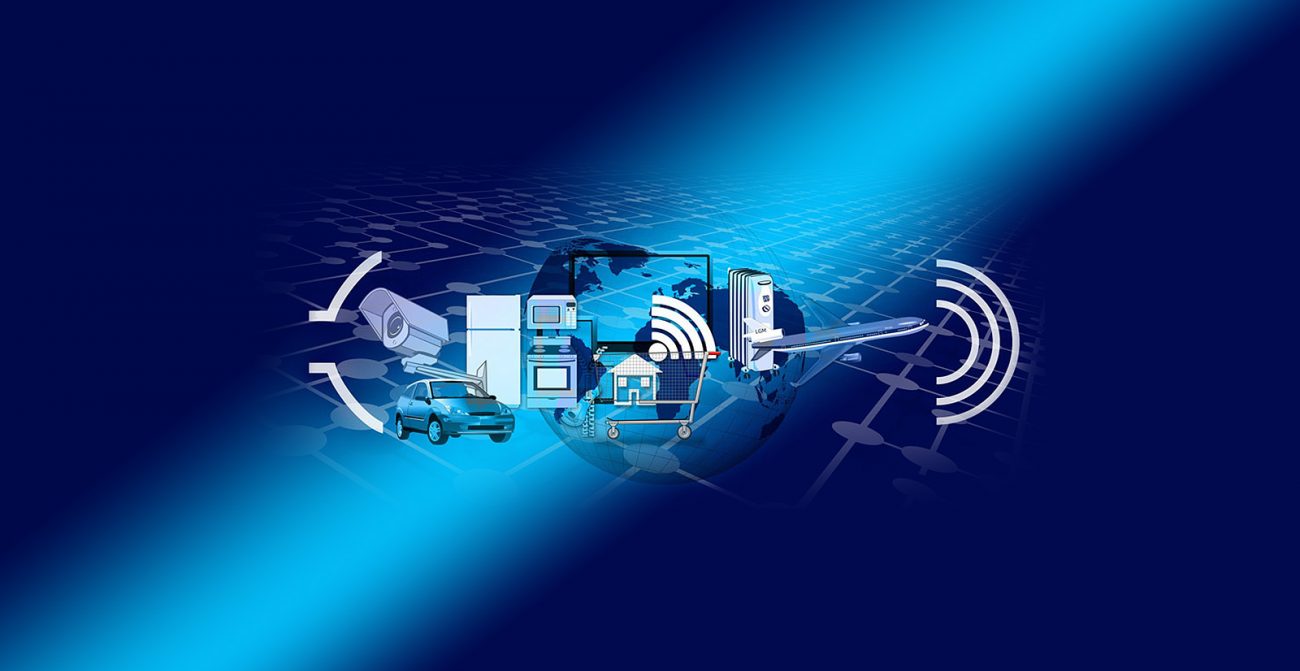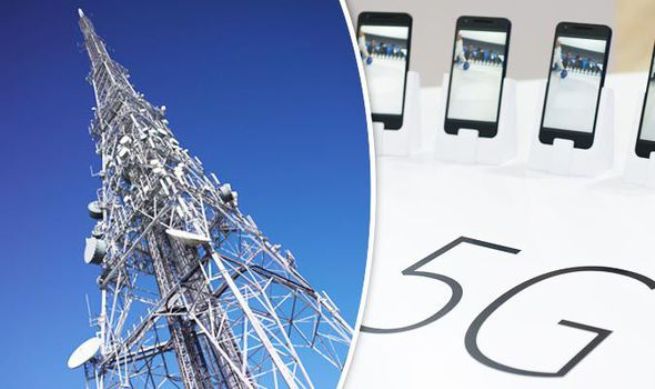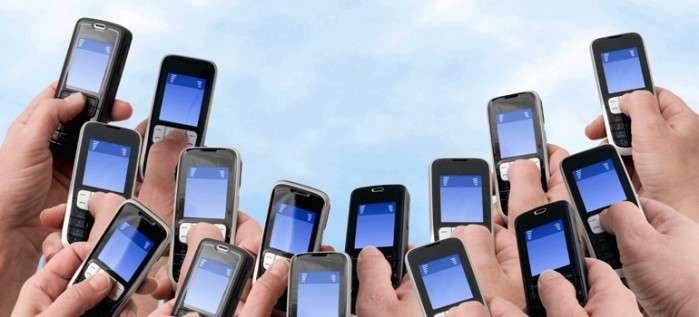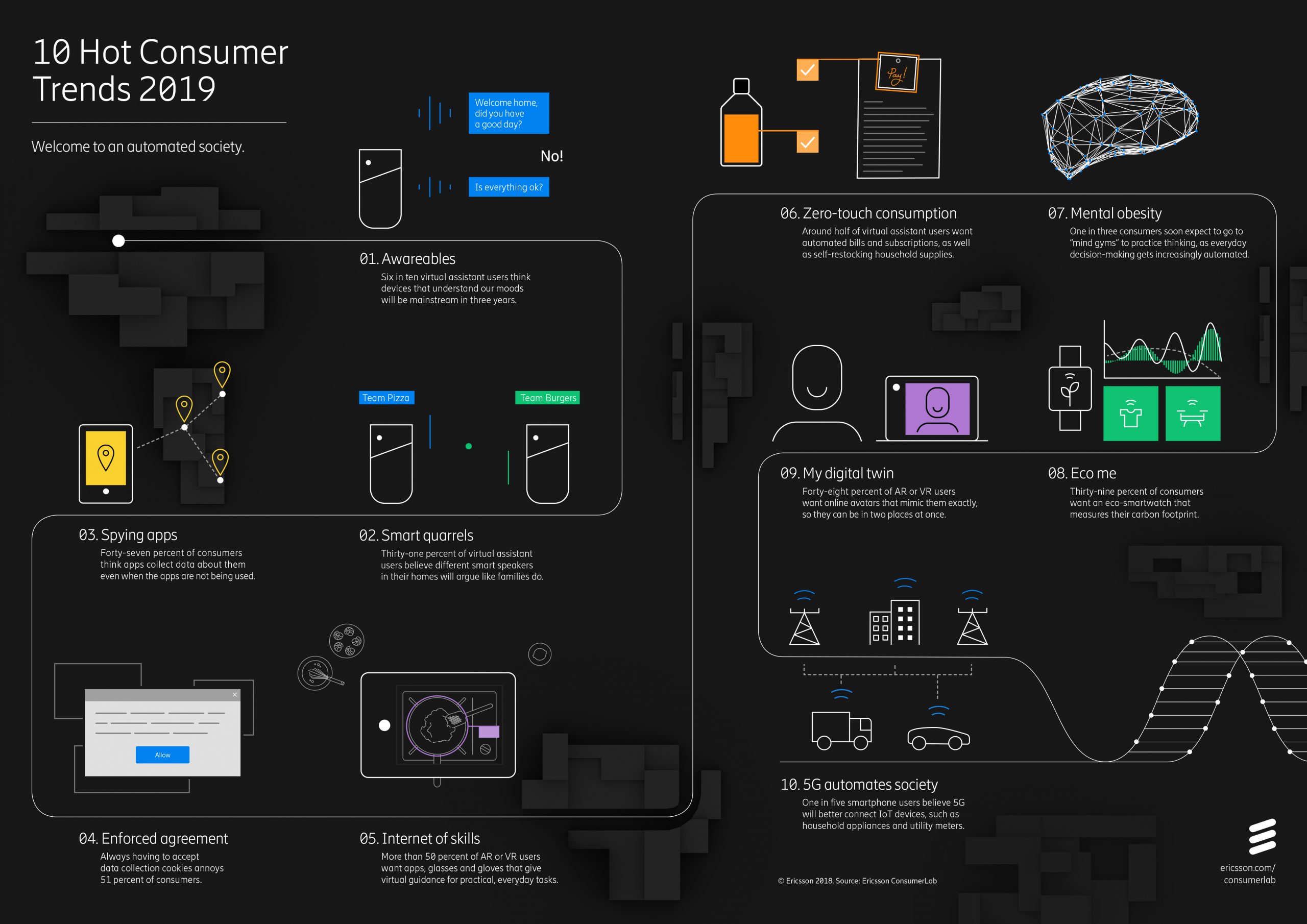The Nigerian Government has signed a Memorandum of Understanding (MoU) with Ericsson to establish a framework of cooperation on 5G technology development, deployment and innovation. 5G is the fifth generation of cellular networks. Up to 100 times faster than 4G. 5G has created never-before-seen opportunities for people and businesses.
The Minister of Communications, Innovation & Digital Economy, Dr Bosun Tijani, signed the MoU on behalf of Nigeria while Mr Peter Olusoji Ogundele, Country Manager, Ericsson Nigeria, signed for the company.
The MoU, which was signed at the Ericsson’s Global Headquarters Research and Development lab in Kista, North of Stockholm was witnessed by the Vice-President, Kashim Shettima. Similarly, the signing of the MoU was witnessed by Mr Patrick Johansson, Ericsson Senior Vice President and Head of Business Area Middle East and Africa.
Earlier, the company conducted the Vice-President Shettima on a demonstration-tour of its mobile communications infrastructure solutions. The company also made a presentation to Shettima about its 5G technology evolution, radio spectrum matters and standardisation as well as Cyber and Network Security by Ericsson professionals.
Speaking after the presentation, Shettima asked the company on the possibility of deploying its 5G technology to help Nigeria improve the security of its oil facilities.
”What value can you add to us? Security of oil facilities, oil pipelines. How can you come in with 5G to secure the oil pipelines, address the issue of oil theft and vandalisation of the pipelines. The quantum of oil theft that is lifted is very crucial for economic planning and everything,” he said.
On his part, Tijani explained that the signing of the MoU would enable Nigeria to make the most use of 5G technologies in line with the Renewed Hope Agenda of President Bola Tinubu.
”So we signed the MoU to set up an innovation lab with Ericsson, and the focus of that lab will be to come up with applications that is based on 5G technology. For things in agriculture, mining and in some cases in education as well for the general usage of connectivity to improve the quality of lives for our people.
”The Renewed Hope Agenda, in particular, goes into what we are trying to do with the reforms. The aim of the reforms is to diversify our economy and it is clear that we cannot diversify our economy without digital technology.
”With this MoU we can strengthen the state of connectivity, particularly 5G, you know Nigeria is already one of the few countries with 5G on the continent.
”With the MoU, we can continue to ensure the spread of 5G across the country not just in key locations and this is how we can ensure that we see the growth that we want to see in our economy,” he said.
Tijani described the visit of the Vice-President Shettima to Sweden as ” extremely important to the growth and development of Nigeria’s digitisation drive process.
”But I have to speak to the strength of Sweden as a country and how the visit of the Vice-President is extremely important. This is a country that built the use of technology to lift front development. It’s a country that is extremely powerful in technology and business.
”They have significant brands likes Volvo, Ericsson, they are global brands. And I think for the reforms that is going on in the country and ambition to raise the level of productivity and make our economy more competitive.
”It is important that we used the strength of the VP and this visit, to truly deepen the relationship and that is what the VP has done with all the meetings that he had,” he said.
Dignitaries that witnessed the signing of the MoU were; the Minister of Foreign Affairs, Amb. Yusuf Tuggar, Executive Vice-Chairman (EVC), Nigerian Communication Commission, Aminu Maida, Gov. Caleb Mutfwang of Plateau.
Others are Mr Khalil Halilu, Executive Vice Chairman/Chief Executive Officer, National Agency for Science and Engineering Infrastructure (NASENI), Malam Kashifu Abdullahi, Director-General, National Information Technology Development Agency (NITDA) and Charge d’affaires, Nigerian Embassy, Sweden, Malam Aliyu Mahmud; among others.






